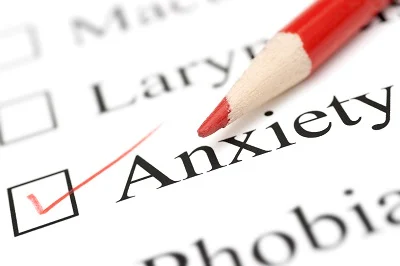It is time to stop dreading anxiety.
Few things motivate escape and avoidance more than the feeling of anxiety, the sense of apprehension and worry that a catastrophic outcome may lie ahead. Sometimes we can name it – tomorrow is the big test, the first online date, a telemedicine check-up by Zoom – other times, we are unsure of the source of our unease. Of course, few words promote anxiety more than coronavirus.
What we know is we want the feeling to go away, and we’ll do almost anything to get rid of the feeling – avoid studying for the test, cancel the date, skip the check-up. This desire to escape or avoid anxiety is very natural. After all, anxiety is meant to function as an alarm or warning signal to let us know that dangers lurk ahead so we can protect ourselves. It is a tremendously adaptive system and the associated bodily responses do a fantastic job at helping us manage objective dangers. So, if a bear is chasing us in the woods, then an acute fear response with a racing heart and shortness of breath that prepares the body to flee, fight, or freeze is just what we want to help escape the danger.
The problem is many people have come to fear the anxiety response itself; when we routinely have ‘false alarms’ going off, then situations that are not objectively dangerous –but make us feel anxious– come to be feared and avoided. When we become intolerant of uncertainty and risk, and come to fear the experience of anxiety itself, our world becomes smaller. It is true we don’t know for sure how the test, the date, or the check-up will turn out, but rarely is our life better by avoiding or not preparing for these events.


Recent Comments